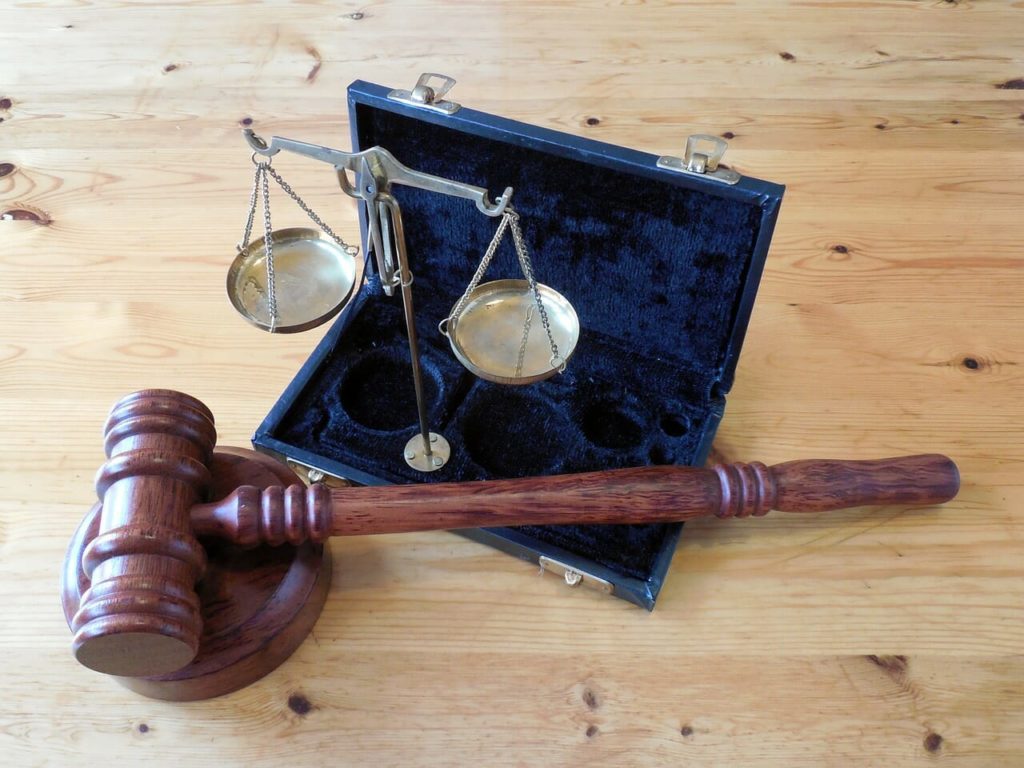Probate is the process that handles your estate and carries out the provisions of your Will, after you pass away. The probate process can be quite lengthy from beginning to end. By having a better understanding of the process, you can ease some of the stress and overall uncertainty of its proceedings.
What is Probate?
Probate is a legal proceeding in which the property and debts of a deceased person are handled and distributed. The primary focus of probate is to ensure all of the deceased person’s debts are paid and that the remaining assets are distributed appropriately.
How Does the Probate Process Work?
After someone dies, the Personal Representative or Executor of their will must file paperwork with the Register of Wills or Surrogates Court. If there is no will, then an Interested Person can petition the court to be appointed Personal Representative.
The first order of business for the court is to determine whether or not the will of the deceased is valid. Though this is usually a routine matter, if there are problems with the validity of the will, they would need to be addressed. Once the will has been deemed valid and the paperwork is accepted, the Surrogates Court, through the Register of Wills, will issue Letters of Administration. The Personal Representative must also obtain a bond and arrange for the publication of a Notice to Creditors. The Personal Representative must then provide the court with a list of all persons entitled to inherit, and all property, assets and debts of the deceased.
During the proceedings, the Personal Representative must secure and manage all assets, including paying money to keep them safe (such as insurance or storage fees). In the case of a house, the utilities, insurance, taxes and other expenses must be paid. In the event there are debts, the Personal Representative may need to sell some properties to pay them off. Legally, no assets or properties can be distributed to heirs until the probate proceedings come to a close. If a Personal Representative gives out assets and it later turns out that there were valid debts, the Personal Representative can be responsible for these costs.
In Maryland, most estates are Regular Estates. However, you can open a Small Estate if the value of the estate in question is less than $50,000 ($100,000 if the only beneficiary is a spouse). This can be a quicker and less expensive option.
Can Probate be Avoided?
There are certain things you can do during your lifetime to make sure that your family does not have to go through a lengthy and expensive probate process. An experienced Estate Planning Attorney at DK Rus Law can craft a plan for you that can reduce or eliminate probate.
DK Rus Law Can Help You With the Probate Process in Maryland
Although probate can be a long and difficult process, it doesn’t have to be. Using a Maryland probate lawyer will make things go smoother and ensure that everything is done right, and the attorney fees will be paid out of the estate. Using a probate lawyer can actually save money by keeping the probate process from dragging on for a long time and preventing potential problems.


